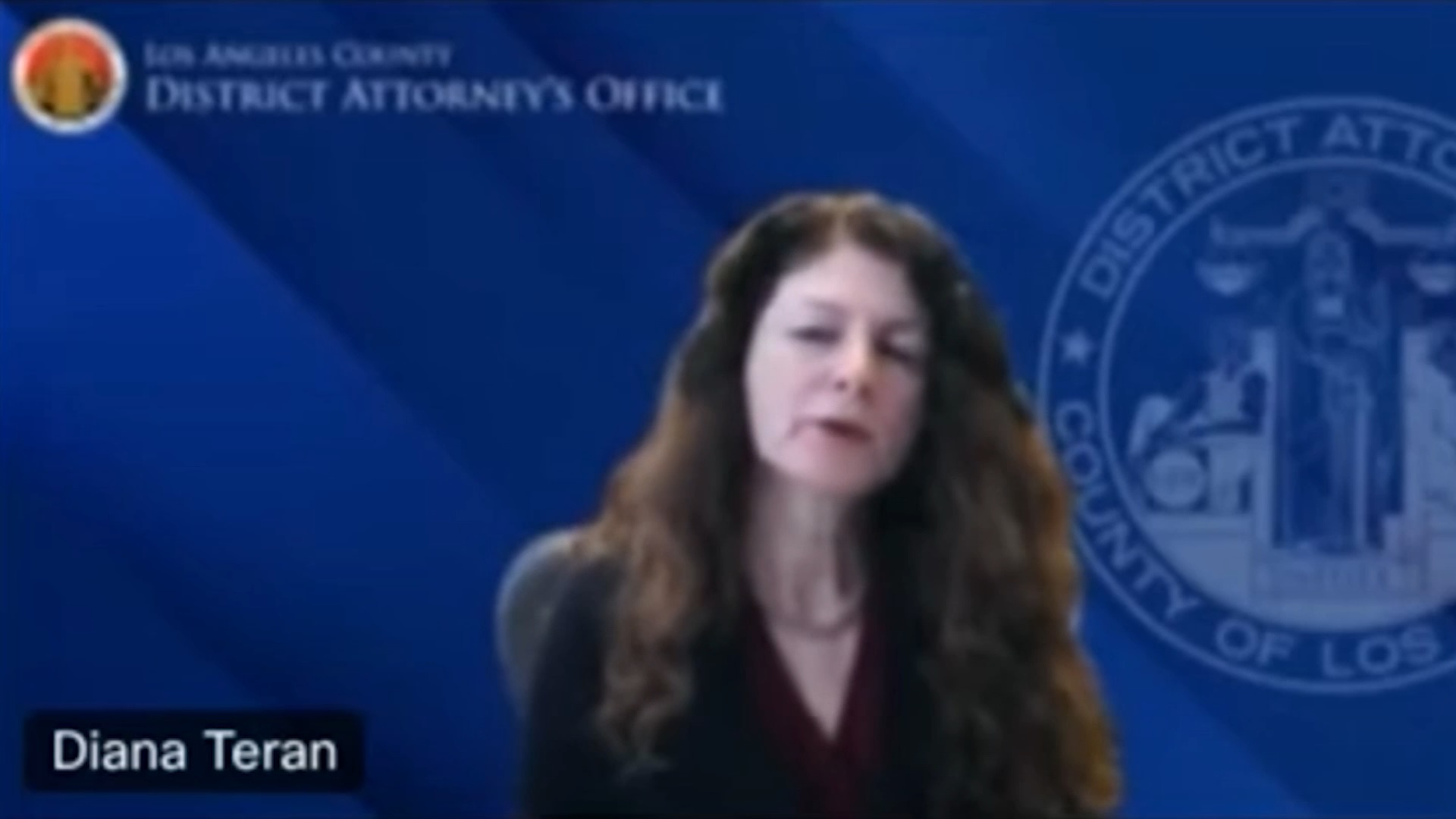
California's stay-at-home order and the need for social distancing caused by the coronavirus outbreak is prompting changes to the eight-day celebration of Passover, which begins at sundown Wednesday.
Individuals are planning to use such online platforms as Zoom to connect with families and friends who are unable to attend their Seders, Passover's ritual meal, which means order.
Various congregations and organizations have organized virtual Seders and not just on the first two nights as is traditional.
A "Saturday Night Seder'' will be streamed at 5 p.m. Saturday at saturdaynightseder.com and will support the CDC Foundation's Coronavirus Emergency Response Fund. The foundation supports the Centers for Disease Control and Prevention's health protection programs.
The Seder will feature an extensive list of actors including Henry Winkler, Jason Alexander, Fran Drescher, Judith Light, Idina Menzel, Harvey Fierstein, Ben Platt and Rachel Brosnahan along with New York Sen. Chuck Schumer and Rabbi David Wolpe of Westwood's Sinai Temple.
The Los Angeles Jewish Home in Reseda customarily has a huge outdoor Seder. However, this year, in an effort to prevent the spread of the coronavirus, the residents will remain in their rooms and families are not being allowed onto the campus, according to Rabbi Karen Bender, the Skirball Director of Spiritual Life, Los Angeles Jewish Home.
"The food will be same,'' Bender said. "The symbolism will be the same. We are kashering the kitchens, so that's the same. What's different will be how we get everyone to have their own Seder experience."
Local
Get Los Angeles's latest local news on crime, entertainment, weather, schools, COVID, cost of living and more. Here's your go-to source for today's LA news.
The Seder will be broadcast into the residents' rooms via closed circuit television. The home ordered 1,000 Seder plates, which Bender said could be a record for a Jewish institution, to provide each resident with one.
"We didn't want anyone to be deprived,'' Bender said.
The Seder plate is a ritual object that bears the ceremonial foods around which the Seder is based. There is customarily one per table, Bender told City News Service.
With 1,000 Seder plates it also means there needs to be 1,000 sprigs of bitter herbs, dabs of haroset, pieces of lettuce and containers of salt water.
Instead of a roasted egg, each resident will receive a hard-boiled egg, which they are more likely to eat and not go to waste, aligning with Jewish values, Bender said.
"Overall the Seder will be the same, but more personal, more tangible for our residents,'' Bender said.
The Seder features six symbolic foods, including matzo, a cracker-like unleavened bread symbolizing the Exodus from ancient Egypt when there was not enough time to let the bread rise.
While Passover rituals vary in different parts of the world, Jews are traditionally not permitted to eat or possess any foods made with wheat, barley, rye, spelt or oats.
Bitter herbs, often horseradish, represent the bitterness of slavery; parsley dipped in saltwater symbolizes the tears the Israelites shed in bondage; and an apple, nut, spice and wine mixture called charoset represents what the Torah, the Jewish holy scripture, describes as the mortar used by Jewish slaves to build Egyptian edifices.
A number of contemporary scholars, including Jewish historians and archaeologists, believe the story of the Exodus is apocryphal and that the Israelites were never among the peoples subjugated by the ancient Egyptians.
However, regardless of any historical debate, most rabbis believe it should not obscure the themes -- faith, freedom and redemption -- inherent in the biblical tale.
According to the book of Exodus, the enslaved Israelites used the blood of lambs to mark their doors so the Angel of Death would "pass over'' their homes and instead slay the firstborn sons of Egyptians -- the 10th and most horrific of the plagues that finally persuaded the pharaoh to accede to Moses' demand: "Let my people go.''
During the Seder, people drink four cups of wine or grape juice, symbolizing the promises that God made to the Israelites, including deliverance from bondage. Also as part of the ritual, a child traditionally asks the four questions of the Seder.
The introductory question of "Why is this night different from all other nights?'' is followed by "Why is it that on all other nights during the year we eat either bread or matzo, but on this night we eat matzo?'' "Why is it that on all other nights we eat all kinds of vegetables, but on this night we eat bitter herbs?'' "Why is it on all other nights we do not dip even once, but on this night we dip twice?'' and "Why is it that on all other nights we eat either sitting or reclining, but on this night we eat in a reclining position?''
The purpose of the questions is to spark discussion and learning, as teaching the story of the Exodus to children is one of the most important elements of the Seder. The meal is accompanied by reading from the Haggadah, or "narration'' book, which tells the story of the Israelites' deliverance from bondage.
Passover commemorates the time between the Exodus from Egypt on the 15th of the Hebrew month of Nissan and the parting of the Red Sea seven days later to allow the fleeing Israelites to make their getaway.
The holiday is observed for seven days in Israel, with one Seder, and eight days outside Israel, with two. The difference is that people in ancient times who lived far from Jerusalem could not know when a new month under the Hebrew lunar calendar had been officially declared and, in turn, could not be sure of the exact date.



